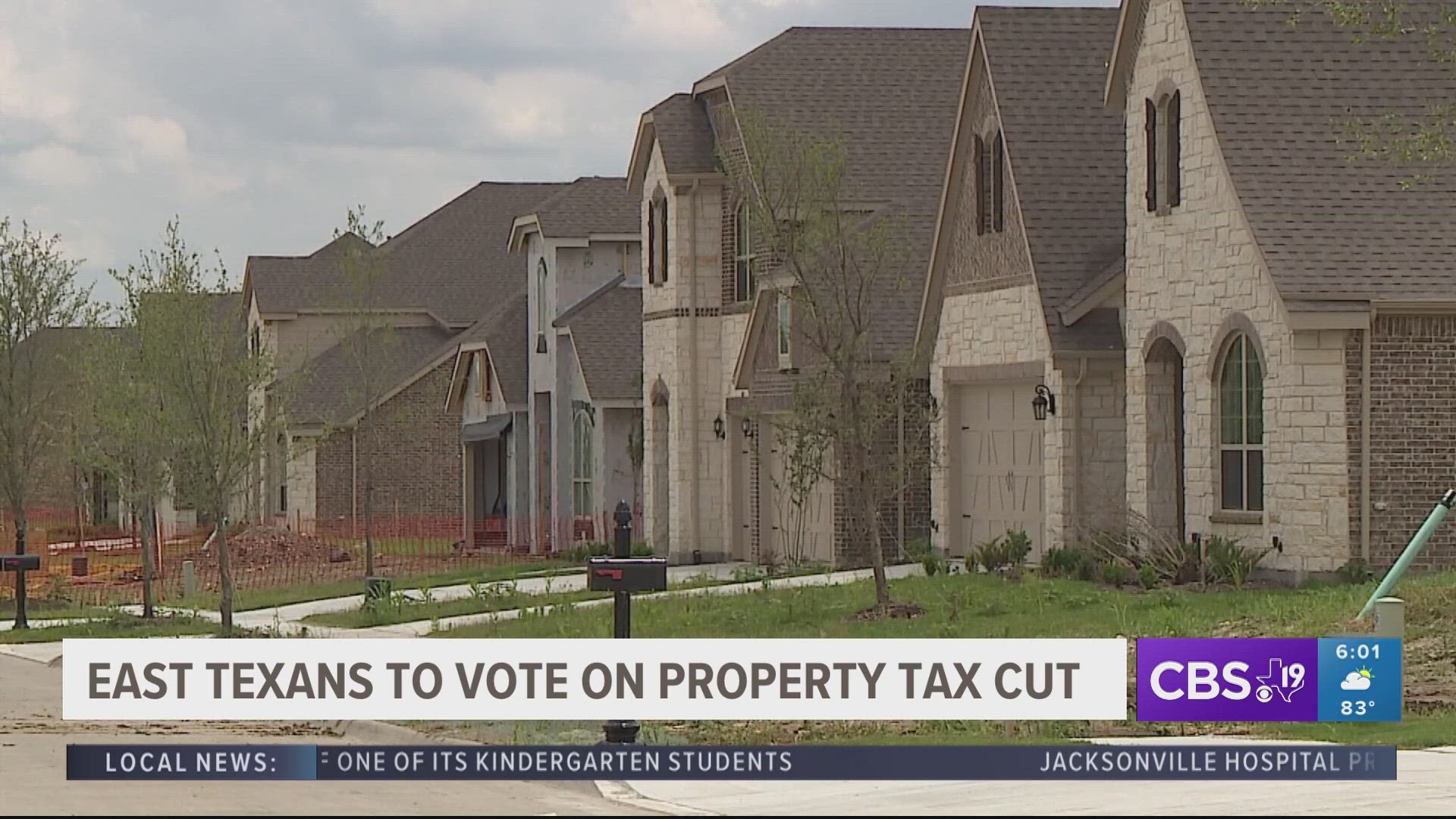CENTRAL, Texas — Texas voters who didn't vote early will be heading to polling locations to cast their ballots on Tuesday, Nov. 7.
But what some voters may not know is that there are a lot of rules about what is and isn't allowed at polling places. Here's a breakdown of what you need to know before you exercise your right to vote on Election Day:
What is a poll watcher's role?
When you head to a polling location, you may see at least one poll watcher. That person is appointed by a candidate, campaign, political party or action committee to observe things like poll workers, the actions going on inside polling sites and the counting sites on election night.
Poll watchers are not allowed to disrupt any election process and cannot talk to voters. According to the Texas Election Training Portal, a polling place judge has the power to enforce order and even issue an arrest warrant if a poll watcher is being disruptive. The poll watcher can also be asked to leave and, if they don't, law enforcement can be called.
However, poll watchers are allowed to take any questions to a polling officer.
How to report voter intimidation
Voter intimidation can happen when people experience aggressiveness and intimidation at a polling place.
According to VoteTexas.gov, if your voting rights are being abused, you are urged to contact the Secretary of State at 1-800-252-8683 or to contact your local election official.
What is electioneering?
According to the Texas Election Code, electioneering is when a person "electioneers for or against any candidate, measure or political party."
This can include posting, distributing or using political signs or literature. Under the law, this type of offense can be classified as a C misdemeanor.
According to the Texas Election Training Portal, a candidate who is not voting or helping is not allowed inside a polling place. The poll watcher will ask that person "to step outside of the 100 foot distance markers."
Texas law also states that a person can't use a loudspeaker for "making political speech or electioneering for or against any candidate, measure or political party."
Can you use your phone while voting?
If you are planning on heading to the polls on Tuesday, Texas law states you can't use "wireless communication device within 100 feet of a voting station."
If a presiding judge at a polling location sees someone using a device to record images or sound, they may be asked to turn it off or leave the polling place.
What do you need to bring to vote?
To vote in Texas, you need to have a form of identification when you go to cast your ballot at a polling location. Here is a list of acceptable forms of photo identification:
- Texas Driver License issued by the Texas Department of Public Safety (DPS)
- Texas Election Identification Certificate issued by DPS
- Texas Personal Identification Card issued by DPS
- Texas Handgun License issued by DPS
- U.S. Military Identification Card containing the person’s photograph
- U.S. Citizenship Certificate containing the person’s photograph
- U.S. Passport (book or card)
With the exception of the U.S. Citizenship Certificate, which doesn't expire, for voters aged 18-69, the acceptable form of photo ID may be expired up to four years. For voters 70 years old or older, the acceptable form of photo ID may be expired for any length of time if the ID is otherwise valid.
If you don't have one of the forms of ID listed above and can't reasonably obtain one, you can bring one of the following in order to execute a "Reasonable Impediment Declaration":
- Copy or original of a government document that shows the voter’s name and an address, including the voter’s voter registration certificate
- Copy of or original current utility bill
- Copy of or original bank statement
- Copy of or original government check
- Copy of or original paycheck
- Copy of or original of (a) a certified domestic (from a U.S. state or territory) birth certificate or (b) a document confirming birth admissible in a court of law which establishes the voter’s identity (which may include a foreign birth document)

